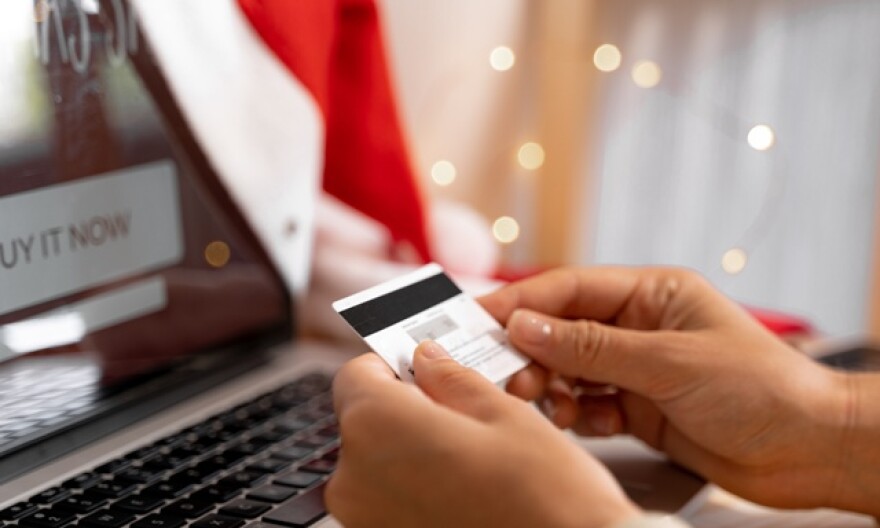With the spike in COVID cases and the upcoming holiday season, consumer groups are warning Michiganders that a proliferation of scam artists is emerging.
Mark Hornbeck, associate state director for communications at AARP Michigan, said folks should be on the lookout for the typical cons related to shopping, including bogus websites impersonating major brands, gift cards that already have been drained of their funds and porch pirates who steal packages. He said the pandemic also has fostered a huge number of scams.
"You've got folks calling you about bogus home-testing products for COVID," Hornbeck explained. "They're peddling non-existent equipment like masks and ventilators and that type of thing; they're offering additional stimulus checks. Don't believe it. It's not happening."
With nearly half of all charity donations made during November and December, Hornbeck noted that's another area ripe for fraud.
Before opening your wallet, he suggests researching the charity to find out where the contribution will be going. Learn more about how to protect yourself from scams online at aarp.org/fraudwatchnetwork.
Hornbeck added during times of high anxiety, like the holidays, scam artists often are able to trap their victims by getting them into an emotional frenzy.
"They try to scare you," Hornbeck warned. "And when you're in a heightened emotional state, your self-discipline and your due diligence are reduced and you're more susceptible to the scam artists than you would be otherwise."
Hornbeck recommends avoiding impulse purchases, and not buying anything late at night when people are most vulnerable. And he said never buy something without first looking into who's selling it.
"It can take just a single step like a phone call or a Google search to check out a company that's trying to sell you something," Hornbeck suggested. "Beware of popups that appear on your computer, and don't give anyone, under any circumstances remote access to your computer. And use a credit card, not a debit card, for purchases."
He said another good step before making a purchase is to consult a friend, family member or agency that monitors businesses and charities.




